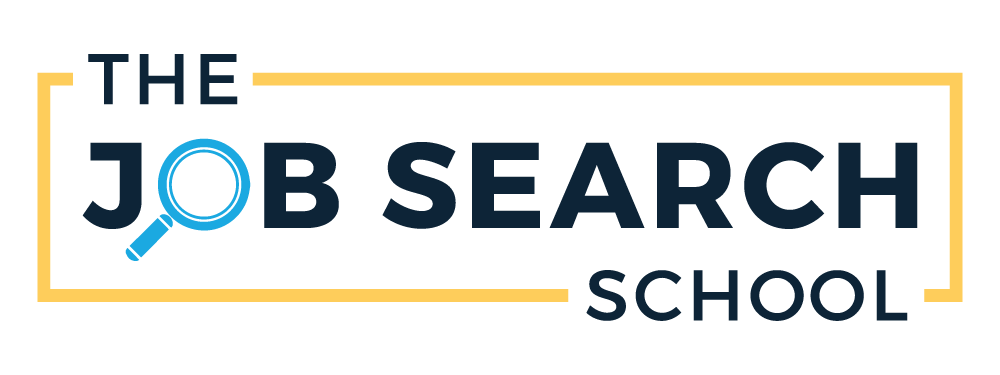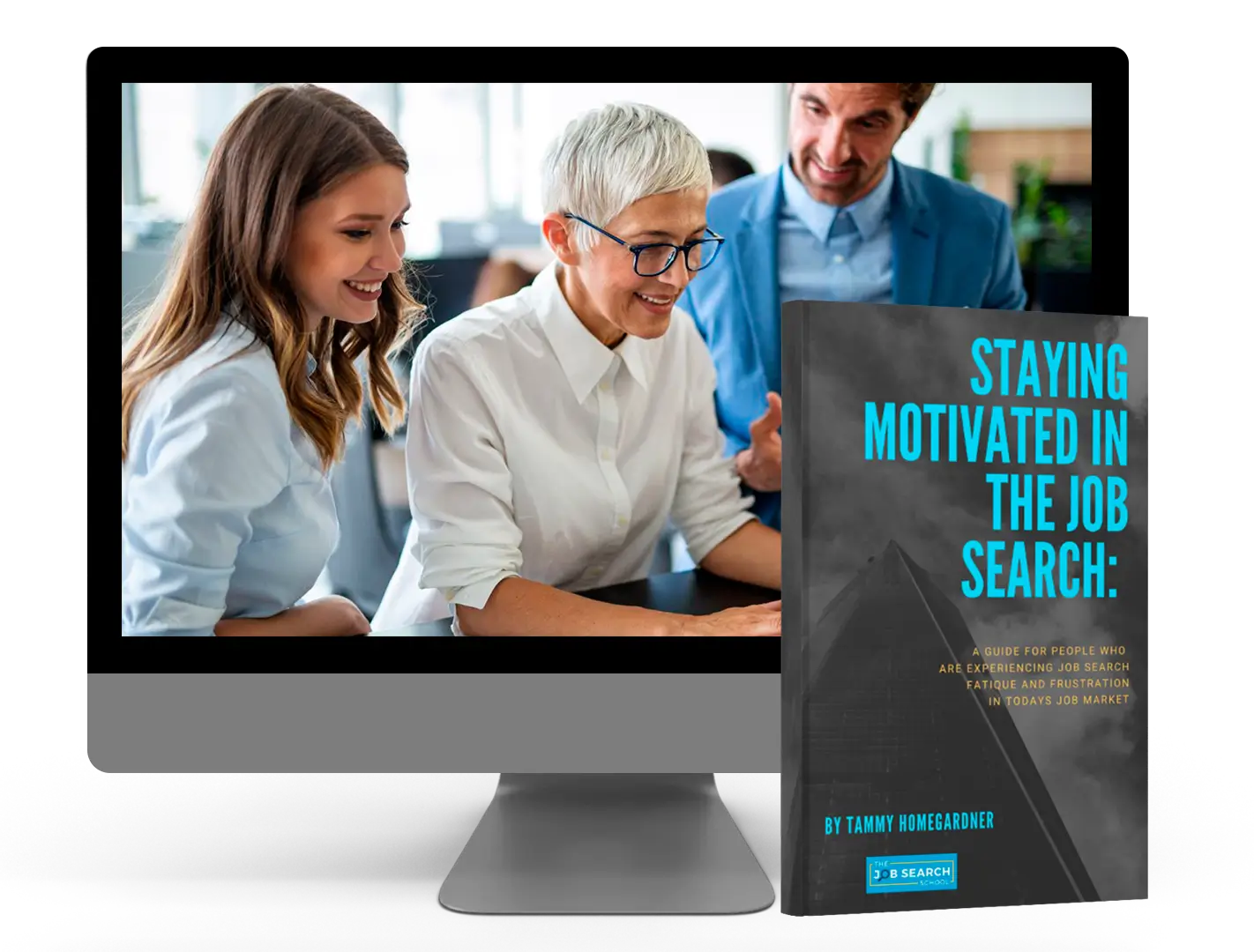How Retirees Can Successfully Return to the Workforce After a Two-Year Break
Retirement isn’t what it used to be—and that’s not a bad thing. Today, more and more retirees are choosing to return to the workforce, whether o…
How Retirees Can Successfully Return to the Workforce After a Two-Year Break Read More »











